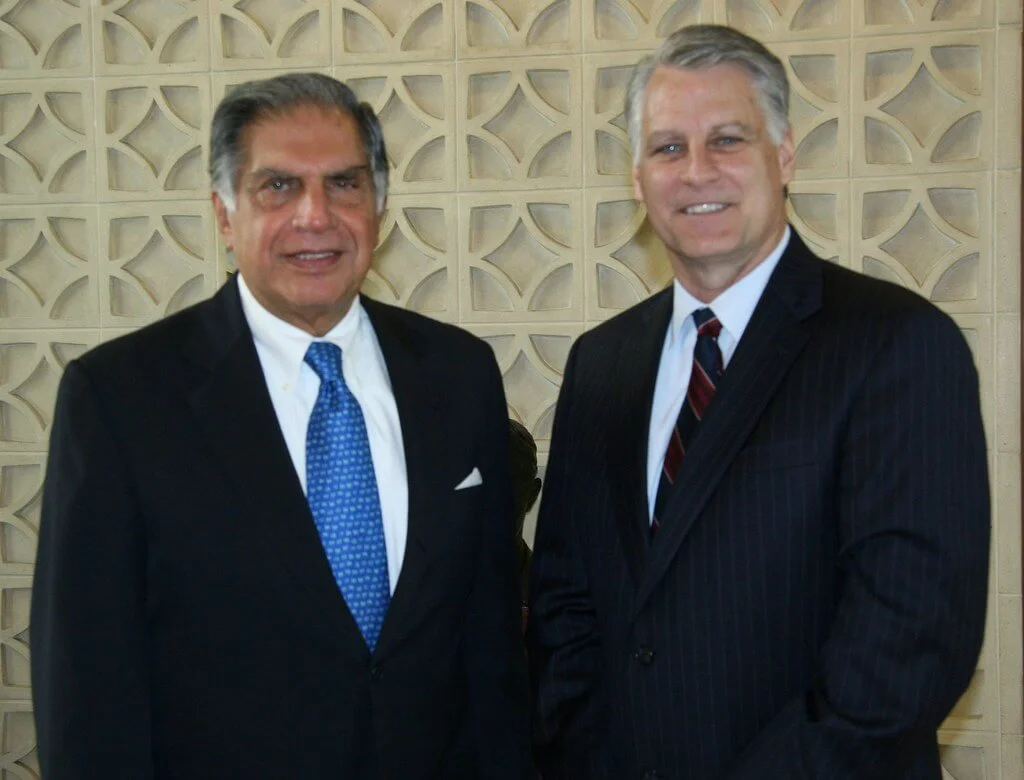What are grap restrictions?
Ratan Tata is widely celebrated as one of India’s most respected and influential business leaders, and much of his reputation is grounded in his unique approach to business and philanthropy. His contributions extend beyond profitability, impacting areas like social welfare, ethics, and national pridRead more
Ratan Tata is widely celebrated as one of India’s most respected and influential business leaders, and much of his reputation is grounded in his unique approach to business and philanthropy. His contributions extend beyond profitability, impacting areas like social welfare, ethics, and national pride, which is why he’s often held in high regard. However, the narrative of greatness often simplifies complex realities. Here are some nuanced aspects to consider:
1. Corporate Acquisitions and Globalization
- Under Ratan Tata’s leadership, Tata Group made bold acquisitions such as Jaguar Land Rover and Corus Steel, helping position Indian industry on the global map. While these moves were financially risky, they also displayed his ambitious vision for India. Not every acquisition was immediately profitable, but many see these decisions as pivotal for India’s image on the world stage.
2. Commitment to Ethics and Integrity
- Tata Group is recognized for its ethical business practices and prioritizing integrity over pure profit. Ratan Tata has spoken against corruption and refused to engage in certain deals where ethical lines were blurred. This steadfastness in values has distinguished Tata Group in the corporate world, where such ethics are often compromised.
3. Philanthropy and Social Initiatives
- Through Tata Trusts, he has championed causes like rural development, healthcare, and education, often benefiting those beyond Tata employees. The Trusts fund large-scale projects in scientific research, education, and health. He personally contributed to various philanthropic initiatives, which solidified his image as a leader committed to social welfare. However, philanthropy can also serve corporate interests by enhancing brand image.
4. The Tata Nano Experiment
- The Tata Nano, launched as the world’s cheapest car, embodied his mission to make vehicles affordable for the common man. Though the project ultimately didn’t meet sales expectations, it demonstrated his willingness to innovate and prioritize accessibility over profitability. Critics argue that the project reflected a business miscalculation; however, it still represents his commitment to social impact through innovation.
5. Personal Values and Legacy
- Ratan Tata is known for his humility and grounded nature. Unlike many business leaders, he maintains a low-profile lifestyle and has often deflected praise toward his team. His focus on legacy over personal wealth – most of his holdings support philanthropic endeavors – adds to his respected image.
Balanced View
Ratan Tata’s reputation is based on genuine contributions to India’s economy and society, although, like any leader, he faced challenges and controversies. His legacy is complex, encompassing both the achievements and the lessons learned from his ambitions.
See less


GRAP Stage 3 entails a ban on non-essential construction work. Classes up to grade V are required to shift to hybrid mode under Stage 3. Parents and students have the option to choose online education wherever available. Under Stage 3, the use of BS-III petrol and BS-IV diesel cars (4-wheelers) is rRead more
GRAP Stage 3 entails a ban on non-essential construction work. Classes up to grade V are required to shift to hybrid mode under Stage 3. Parents and students have the option to choose online education wherever available.
Under Stage 3, the use of BS-III petrol and BS-IV diesel cars (4-wheelers) is restricted in Delhi and nearby NCR districts. Persons with disabilities are exempt.
Stage 3 also bans non-essential diesel-operated medium goods vehicles with BS-IV or older standards in Delhi. The Stage 3 of GRAP was lifted on December 27 after a marked improvement in Delhi’s air quality following day-long rainfall in the national capital.
Throughout 2024, Delhi recorded the highest number of ‘severe’ AQI days since 2022, with 17 days exceeding an AQI of 400. Additionally, 70 days were classified as ‘very poor’. Not a single ‘good’ air quality day was recorded in 2024, a first since 2018.
See less